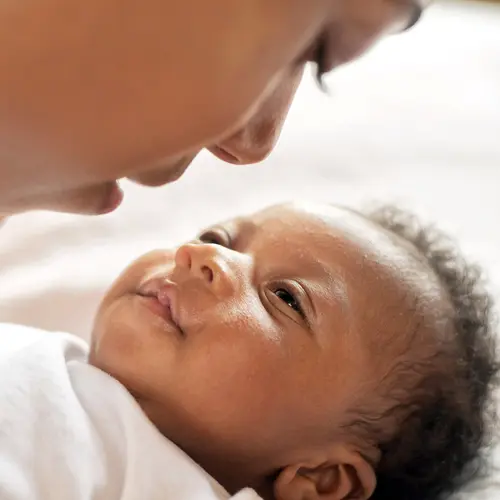Baby Diarrhea
You can find a lot of different textures, colors, and odors in a baby’s poopy diaper based on what they are eating (breast milk, formula, or solid foods). The poop is normally much softer than an adult's, and it’s not uncommon for it to be even softer than usual sometimes. But if it suddenly gets much looser or more watery and happens more often -- lasting for three or more poops -- it may be diarrhea.
Baby Diarrhea Causes
A lot of things can cause the problem, including:
- An infection with a virus, bacteria, or parasite. Babies can pick up these germs through contact with unclean food or water or when they touch germy surfaces and then put their hands into their mouths.
- A food allergy or sensitivity to medicines
- Drinking too much fruit juice
- Certain medicines such as antibiotics
Effects of Baby Diarrhea
Diarrhea makes the body lose too much water and minerals called electrolytes. That leads to dehydration. Babies can get dehydrated very quickly -- within a day or two after diarrhea starts -- and it can be very dangerous, especially in newborns.
Call your baby's doctor if you notice these signs of dehydration in your infant:
- Peeing less often (fewer wet diapers) and the urine is dark
- Acting fussy or irritable
- Dry mouth
- No tears when they cry
- Unusual drowsiness or sluggishness
- Sunken soft spot on the top of the baby's head
- Skin that isn't as elastic as usual (doesn't spring back when you gently pinch and release it)
- Poop smells different than usual and bad
- The poop is yellow in color and if your baby drinks formula, the poop is thick like peanut butter.
Also, call the doctor if your baby has diarrhea and is less than 6 months old or has these symptoms:
- Fever of 102 F or higher
- Belly pain
- Blood or pus in their poop or poop that’s black, white, or red
- Sluggishness
- Vomiting
Baby Poop Colors
Baby poop changes color and it's a constant concern for parents. But for the most part, it needn't be.
The poop color timeline works like this: Yellow means milk is moving through the baby's system quickly. When the process slows down, poop becomes green -- and can unnecessarily worry parents. Even slower, poop turns brown.
Colors of concern
The main colors that should concern a parent and prompt an immediate call to the pediatrician are white, red, and black.
White poop can indicate an infection or a problem with bile, which is a fluid produced by the liver that helps digestion. Black is a sign of digested blood. Red indicates fresh blood that could be coming from the colon or rectum.
Sometimes, though, breastfeeding newborns whose mothers' breast skin is cracking swallow their mother's blood while feeding, which comes through their stool. That's no cause for alarm, and your doctor may be able to do a test to tell who the blood belongs to.
Occasionally, green, mucus-like poop can be caused by a virus commonly seen in babies. If your child has green poop and symptoms of diarrhea, fever, or irritability, call your pediatrician.
Baby Diarrhea Treatments
Doctors usually don't recommend over-the-counter diarrhea medicines for children. But your doc might prescribe an antibiotic for a bacterial infection or an anti-parasitic drug for a parasite infection.
Babies with severe diarrhea who get dehydrated will need to go to a hospital to get fluids through an IV in their veins.
The doctor might recommend that you give your baby an oral rehydration solution. These products, which you can buy at the supermarket or drugstore, have fluids and electrolytes and can prevent or treat dehydration.
If your child eats solid foods, the doctor might recommend switching to bland, starchy foods like strained bananas, applesauce, and rice cereal until the diarrhea stops. Mothers who are breastfeeding might need to adjust their own diet to avoid any foods that could trigger diarrhea in their babies.
Babies with diarrhea should avoid eating anything that can make it worse, including:
- Greasy foods
- Foods that are high in fiber
- Dairy products such as milk and cheese
- Sweets such as cake, cookies, and soda
Diarrhea that's caused by a viral or bacterial infection is very contagious. Wash your hands with warm water and soap every time you change your baby's diaper to prevent the infection from spreading. Keep the diaper-changing area clean and disinfected. Keep your child home from day care until they are completely recovered.


